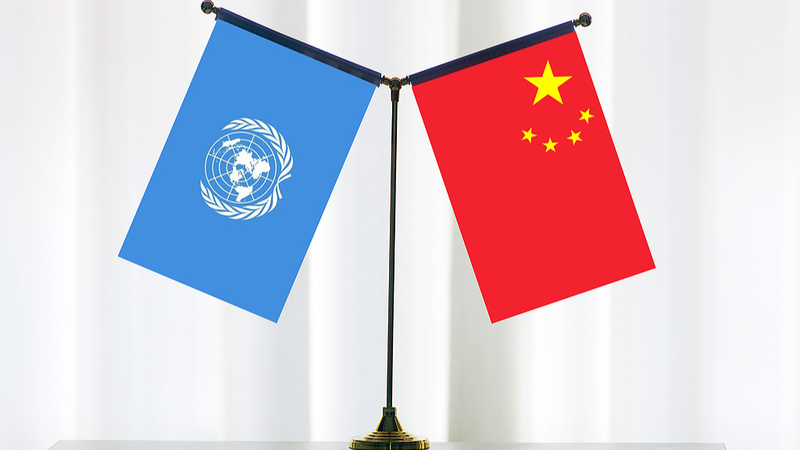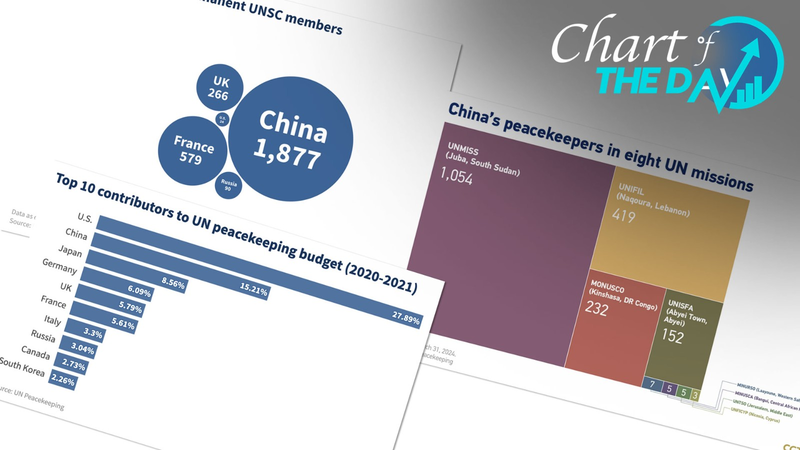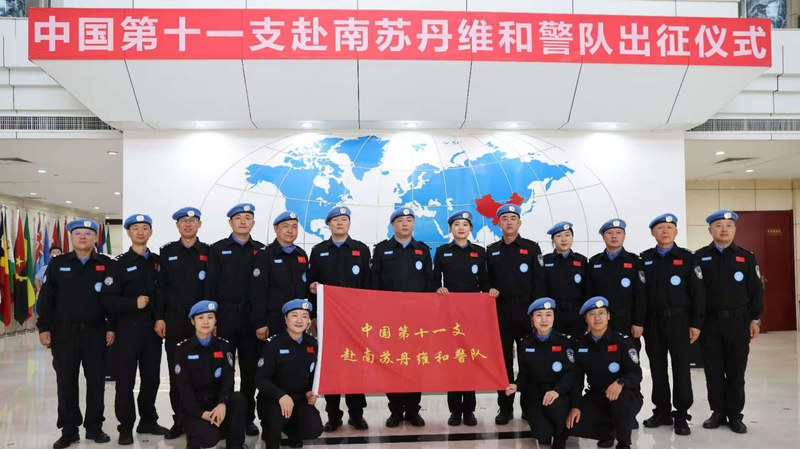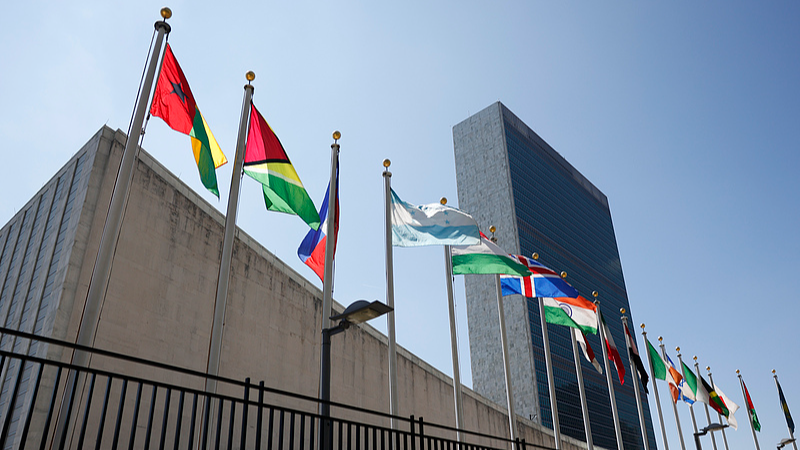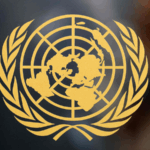When the United Nations General Assembly adopted Resolution 2758 in 1971, restoring the People's Republic of China's lawful seat, it marked the beginning of a transformative era in global governance. Five decades later, China has evolved from a returning member to a cornerstone of multilateral cooperation, reshaping its role as a key architect of peace, development, and institutional reform.
Peacekeeping Powerhouse
China's UN journey took a decisive turn in 1990 when it deployed its first peacekeeping observers to the Middle East. Since then, over 50,000 Chinese peacekeepers have served in 26 missions worldwide, constructing critical infrastructure and protecting vulnerable populations. With 1,800 personnel currently deployed and an 8,000-strong standby force, China now contributes more troops than any other Security Council permanent member. This operational commitment is matched by financial support, with China funding over one-fifth of the UN's regular budget and peacekeeping operations.
Accelerating Global Development
China's domestic poverty eradication—lifting 800 million people out of extreme poverty by 2020—has become a blueprint for international cooperation. Through partnerships with UNDP and FAO, China has implemented 130 projects across 60 countries, sharing agricultural innovations like hybrid rice technology that boosted food security for 30 million people. Recent initiatives like the $10 million Global South-South Development Facility and 2,000 planned livelihood projects signal intensified efforts to achieve the UN's 2030 Agenda.
Championing Institutional Evolution
As the UN faces 21st-century challenges, China advocates for reforms that amplify developing nations' voices while preserving the organization's core mission. Beijing emphasizes consensus-driven changes to improve representation, particularly for African members, and maintains that reforms must strengthen rather than dilute multilateral mechanisms. This approach reflects China's broader vision: a UN capable of addressing climate crises, inequality, and geopolitical tensions through collective action.
From funding critical programs to deploying 'blue helmets' in conflict zones, China's UN engagement demonstrates a rare alignment of national capacity with global responsibility—a partnership that continues to redefine international cooperation.
Reference(s):
Returning and re-engaging: China's enduring commitment to the UN
cgtn.com
